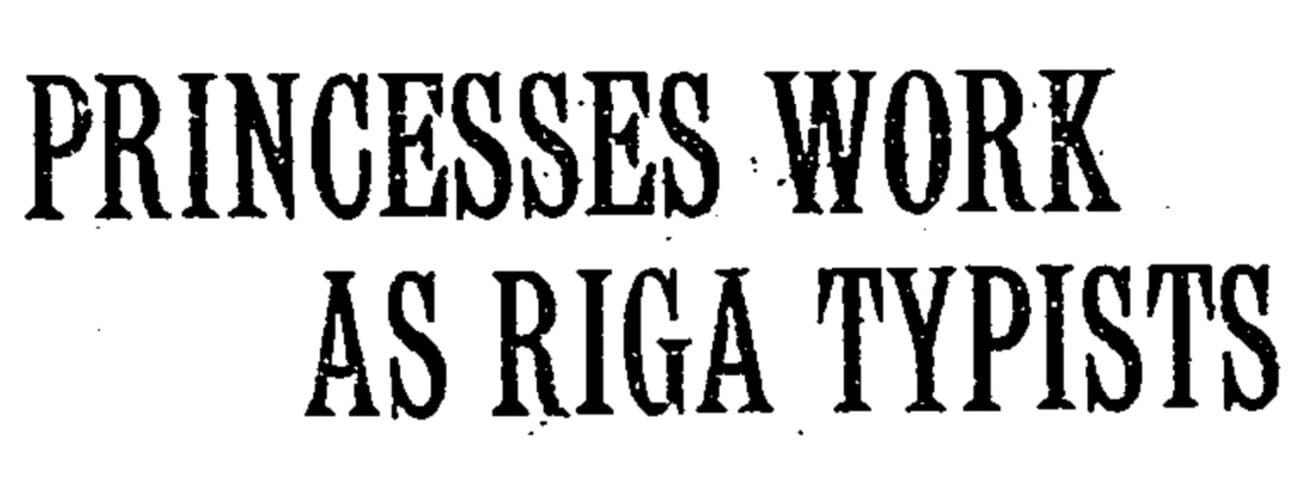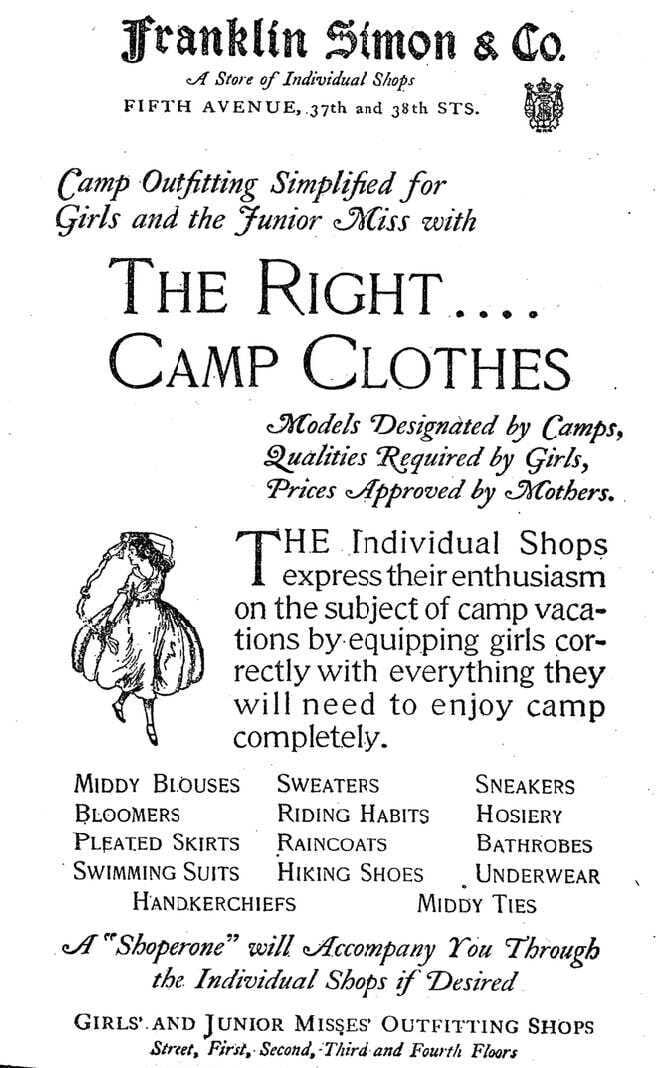- Strange Times
- Posts
- Strange Times 151: Countless Costly Trifles
Strange Times 151: Countless Costly Trifles
What ails you, friend? Thirsty? Pour a glass of water. Sick? Crack open your medicine cabinet. Bored? There is no cure better than a copy of WESTSIDE LIGHTS, the book that’s good for your woes.
Today we have countesses in despair and an uncannily accurate ad for leather-faced cigarette smokers. Endure karmic backlash on…
May 31, 1921
In an “odd” accident on the Third Avenue elevated, a train jumps the tracks and collides with a building fifty feet above the sidewalk—and yet only six people are seriously injured.
Despite the offer of a $500 reward and a citywide search, there remains no sign of Giuseppe Verotta, a five-year-old boy believed to have been kidnapped by a Black Hand kidnapping gang.
Passing through Marlboro, NY, during the Memorial Day parade, radical pastor Bouck White is pelted with garbage and forced to flee the town.
The Weather: Fair today; Wednesday, partly cloudy, no change in temperature; gentle, variable winds.

Despite my best efforts, I can summon no sympathy for the impoverished Russian nobility, who have been reduced to a level of desperation that is still far more pleasant than that of the workers and peasants whose toil financed their finery.
RIGA, Latvia, May 10.—It is nothing unusual in Riga to have a Russian noblewoman as your stenographer. A business man can acquire the services of a countess in that capacity. Almost every diplomatic or consular mission in Riga has at least one princess or countess working as a typist.
If the supply of princesses and countesses fails, there remains a large number of other well-educated people, most of them unaccustomed to work, but now anxious to do anything to save themselves from starvation.
Men who have been general managers of big Russian factories are glad to take any kind of honorable employment here. The conditions of these refugees who have found shelter in the infant Baltic states shows how complete has been the financial downfall of the Russian nobility.
In Riga, Reval and other Baltic cities, princes, barons, counts and their families, accustomed for decades in Russia to lives of luxury, are living a hand-to-mouth existence. The possessions which they once had and which escaped confiscation by the Bolsheviki clutter up the shelves of second-hand dealers in these cities. Diamonds, other jewels, fine tapestries and the countless costly trifles of a luxurious civilization have been sold by the refugees to get bread.
The correspondent was present a few nights ago at an entertainment for the benefit of some of the refugees—all members of the old Russian or Baltic nobility. Some of the more fortunate had saved their evening clothes. They were in sharp contrast to those who had not done so. Here are there were men in coats of one color, trousers of another and tan shoes or high boots. They danced with women as variously clad—some chic, in the latest modes, some in shirtwaists and skirts; still others in frocks obviously home-made or re-made.
The casual stranger dropping into Riga or Reval for a day or two would never find this poverty. Instead, he would find cafes, open all night, where foreigners, lucky because of the low rates of Latvian or Esthonian exchange, and local profiteers, tossed fat bankrolls of almost worthless rubles or marks to waiters, who counted only in hundreds or thousands.
An American correspondent who advertised, in a Riga newspaper, for a translator able to read, write and speak fluently in English, Russian and German and with some knowledge of Lettish, received fifty-one replies by mail. The corridor before his room in the hotel was filled with men and women seeking to apply personally for the position. Most of them were so well educated that they could qualify not only in the four languages mentioned, but in others. They were either out of work, or receiving such small pay in their present employment that they were anxious to change.
Among the applicants were a former Colonel in one of the most aristocratic Petrograd guard regiments, a dozen other former officers, two men who had been managers of big Russian factories, and many other well-educated people.



